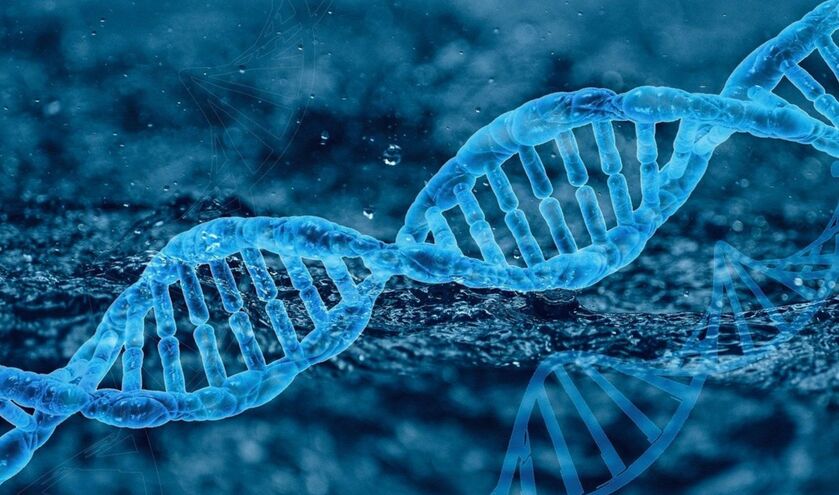A groundbreaking gene editing treatment is being offered to patients with sickle cell disease from today.
The gene therapy, known as exagamglogene autotemcel (or ‘exa-cel'), has been approved by the National Institute for Health and Care Excellence for older children and adults with a severe form of sickle cell disease.
Minister for Public Health, Andrew Gwynne, said: ‘People living with rare conditions like sickle cell disease face immense challenges, not least accessing tailored therapies for their symptoms.
‘This groundbreaking treatment is a fantastic example of how, by harnasing the power of technology, the UK is leading the world in offering patients the latest treatments for a wide range of conditions.
‘By offering a treatment that could allow patients to live a life free of debilitating illness, we will give people with conditions like sickle cell disease more freedom and independence, all whilst protecting vital NHS emergency services.'
In clinical trials, all patients who received exa-cel avoided a hospitalisation for a year following treatment – and almost 98% had still avoided hospitalisation around three-and-a-half years later.
There were just over 32,000 hospital admissions in England in 2023-24 for sickle cell disorders.
A survey from the Sickle Cell Society found in the past two years, before the availability of exa-cel, a quarter (24%) of people with sickle cell disease had spent one to two weeks in hospital.
The treatment will be offered at specialist NHS centres in London, Manchester and Birmingham, and follows a deal in August 2024 for the NHS to access exa-cel for eligible patients with transfusion dependent beta-thalassaemia.
It will be available for eligible patients who are 12 years and older who experience recurrent sickle cell crises and would be suitable for a stem cell transplant but where a donor is not available.
In England, there are around 15,000 people living with sickle cell disease – an inherited blood disorder, with 250 new cases a year. It mainly affects people from Black African and Black Caribbean backgrounds.



